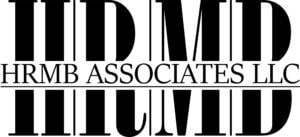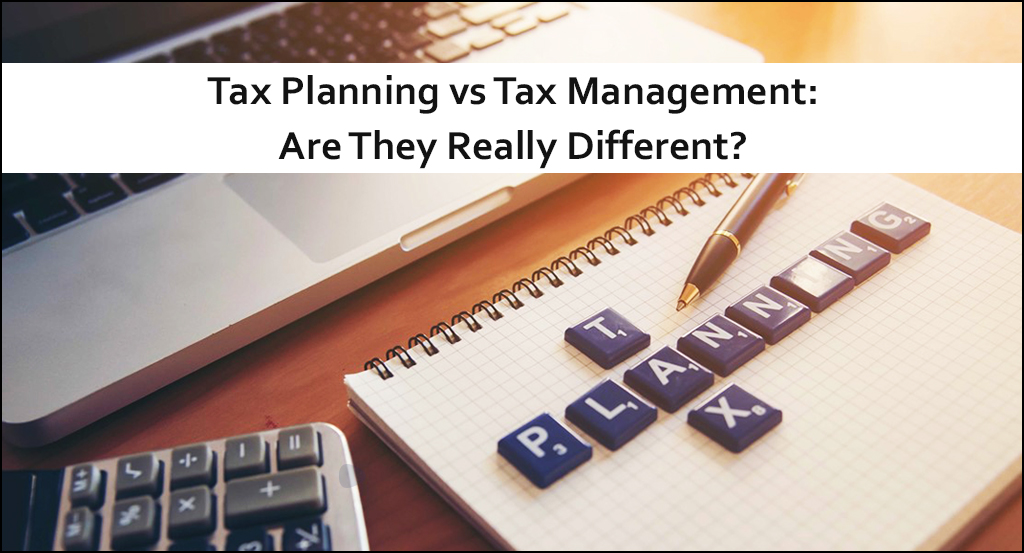Taxes refers to the financial charges imposed by the government on the income or wealth of people. Taxes are also imposed on goods, services, or transactions. The government uses taxes to fund the public sector and meet major expenses. Every country has its independent tax system, and failing to pay taxes is a punishable offense. Before discussing the major differences between tax planning and tax management, let us find out more about these terms.
What is Tax Planning?
The activity conducted by taxpayers to reduce the tax liable upon them is primarily known as tax planning. Taxpayers make maximum use of all available allowances, deductions, exclusions, etc., feasible under the law. You can also say that the financial situation analysis from the taxation point of view is known as tax planning. Tax planning services should be a significant part of an individual investor’s financial plan and allow all financial plan elements to deliver tax efficiency. It is also quite critical for budgetary efficiency.
The process majorly involves redirecting taxable money into places such as retirement plans and several other investments, which will help relieve tax liability. Proper tax planning can help organizations and individuals save a lot of money. Tax planning strategies help lock in the funds that would have otherwise been deducted as taxes or contributions. The locked-in money can later be used during retirement.
The service also helps get good returns adding to individuals’ overall financial planning. It is legal and performed as per the existing tax rules. There are several types of tax planning. Let us discuss them in detail.
Short Term Planning
This planning is executed at the end of the year to reap tax benefits.
Long Term Planning
This planning is performed at the beginning of the year so that it can be followed throughout the year.
Purposive Tax Planning
Unlike the tax as mentioned above, purposive tax planning is done with a certain objective in mind. This generally includes the selection of the finest program to maximize benefits and earnings.
Permissive Tax Planning
Permissive tax planning primarily focuses on using permissive laws for maximum exemptions and savings.
What Is Tax Management?
The exercise that involves the management of personal finances, especially payable taxes, is known as tax management. Furthermore, it is a routine procedure primarily followed by people to ensure timely payment of taxes. Payment of taxes must be made, keeping all economic tax norms and laws in mind.
The procedure of tax management generally includes filing returns and getting accounts scrutinized. Also, the process is considered holistic as it consists of the transactions of the past, management of current taxes, and future planning. It is essential for everyone since it is a voluntary exercise, unlike tax planning. Furthermore, if someone fails to manage taxes or file returns, they will have to face penalties. Now, let us discuss the major elements of tax management in detail.
Also Read:- Top HR Consulting Firm In Mint Hill North Carolina – HRMB Accociates LLC
Reduce Adjusted Gross Income
The amount on which one is liable to pay income tax is generally referred to as adjusted gross income. A legally reduced amount will automatically reduce the payable taxes.
Tax Crediting
It helps in the reduction of the payable tax amount by introducing specific activities that entail such credits.
Increase Number Of Tax Deduction
Tax deductions are primarily claims of expenses that can help the reduction of tax liability. However, it is essential to understand the type of deductions applicable to your annual plan.
Retirement Plans
Several experts would suggest stock income as it helps plan an individual’s retirement in advance. Furthermore, experienced investors will always suggest that a person start investing at least 5-6 years before the scheduled retirement date.
Due to the wide range of slabs, rates, and conditions, filing taxes becomes quite complicated. Each slab has numerous types of conditions and exemptions associated with it. Furthermore, tax planning, if done, becomes a crucial part of task management, but a huge number of people generally do not engage in tax planning. Tax management helps in the reduction of the net amount paid as taxes by paying advance taxes, filing timely returns, and avoiding penalties by reporting to concerned authorities.
Major Differences Between Tax Planning And Tax Management
The differences between tax planning and tax management are listed below; let us look at them.
Systematic planning of assessing financial and business affairs by adhering to the taxation provisions is referred to as tax planning. It helps in availing benefits of all applicable exemptions, deductions, allowances, and rebates. On the other hand, tax management generally means the practice of avoiding penalties and defaults and following the legal provisions of the Income-tax Act.
Tax planning generally deals with the planning of taxable income and investments of the assessee. While on the other hand, tax management is about the proper maintenance of financial records, scrutiny of accounts, payment of taxes, timely filing of returns, and appearing before the supreme authority whenever required.
Tax planning helps to reduce the tax burden of the assessee as low as possible by making use of all the permissible exemptions, tax deductions, and allowances. Contrarily, the main motive of tax and wealth management is to abide by the provisions of the relevant tax statute and allied rules.
In tax planning, the focus is generally on reducing the tax liability by legal means, i.e., using certain ways and means that deceive the law’s intent. On the other hand, in tax management, emphasis is made on reducing taxes by timely payment of taxes and advance taxes, return filing, and appearing before the authority to prevent penalties and interests.
Tax planning is generally not a compulsory activity, whereas tax management is mandatory and quite significant for all the assessee.
Benefits Of Outsourcing To HRMB Associates LLC?
Though outsourcing tax-related services are not new, many business owners are still not aware of the benefits of outsourcing their accounting support and tax-related services. Even today, several companies still opt for in-house tax planning and management. If you choose service providers such as HRMB Associates LLC, you will get a wide range of benefits.
Our company offers clients with the latest technologies. We value security almost above all else. Furthermore, our experts are well-versed in all legislations and tax laws and aim to provide the finest tax planning strategies.
Apart from tax-related services, we provide several other services such as HR consulting, bookkeeping, and data entry. Our experts are committed to providing the finest legal, financial, and future security to our clients. We strive to provide the best financial advice that helps you get maximum returns on your investments.


